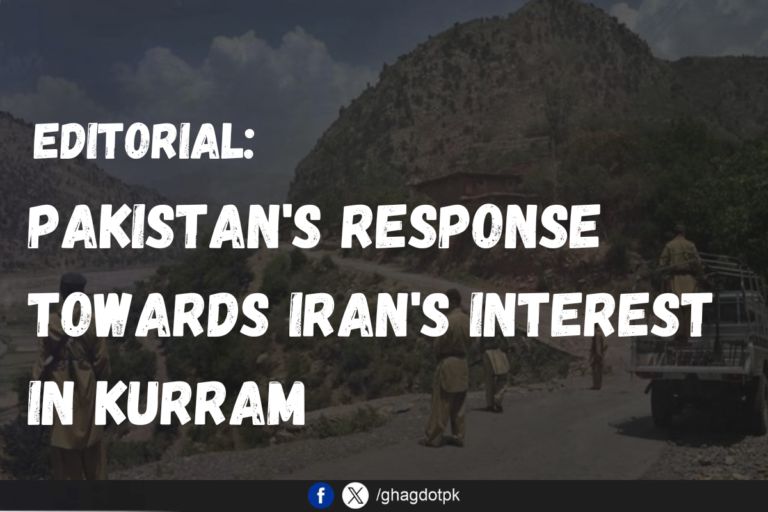In a press briefing yesterday, Pakistan’s Foreign Ministry spokesperson expressed concern about a statement issued by the Iranian government regarding the situation in Khyber Pakhtunkhwa’s Kurram area, claiming that the remark was superfluous. The official noted that the Iranian statement did not fully address the situation in Parachinar and Kurram.
The statement came at a time when Iran was under criticism from others as well as its people over the martyrdom of Hamas leader Ismail Haniyeh, but Pakistan needed to explain that the statement made by Iran on the circumstances and events of the crime was indeed not only one-sided and unnecessary. But it was also one-sided. Despite the good relationship between the two countries. According to Muslim tenets of global diplomacy, this was an attempt to interfere in Pakistan’s internal affairs, which might have serious consequences.
The harsh reality is that Kurram has been at the center of some form of Iran-Saudi conflict since the mid-1970s, and in this beautiful and relatively developed tribal district, Pakistan’s two friendly Islamic countries have previously done point-scoring by exploiting problems or differences. The political and practical consequences of this nonpartisan approach were not limited to Kurram; the tense situation frequently harmed other districts of the province, particularly Peshawar.
It is incorrect to blame the current escalation and the loss of lives on other factors, particularly disagreements within Iran. The reason for the issues and disagreements was a dispute over land and demarcation, which was later given the color of former international differences, although this is not the first incident of its kind. Rather, from time to time, such disputes arise in almost all the merged districts and the main reason for this is that there is no effective system or structure of land registration, distribution and reforms in these tribal districts. The government needs to take urgent steps to address this issue. Fortunately, the cycle of further tension and bloodshed has been stopped and the way has been paved for a consensus on a formula to secure roads and property, but to avoid such a situation in the future, it is necessary to take concrete steps to activate and ensure the state writ so that the security situation in war-ridden Khyber Pakhtunkhwa can be prevented from worsening. The impression that there is any hatred between Sunni and Shia Muslims in Khyber Pakhtunkhwa, as in some other provinces, must also be addressed. Iran and other such countries will also have to strictly refrain from making such unilateral statements or taking sides.






